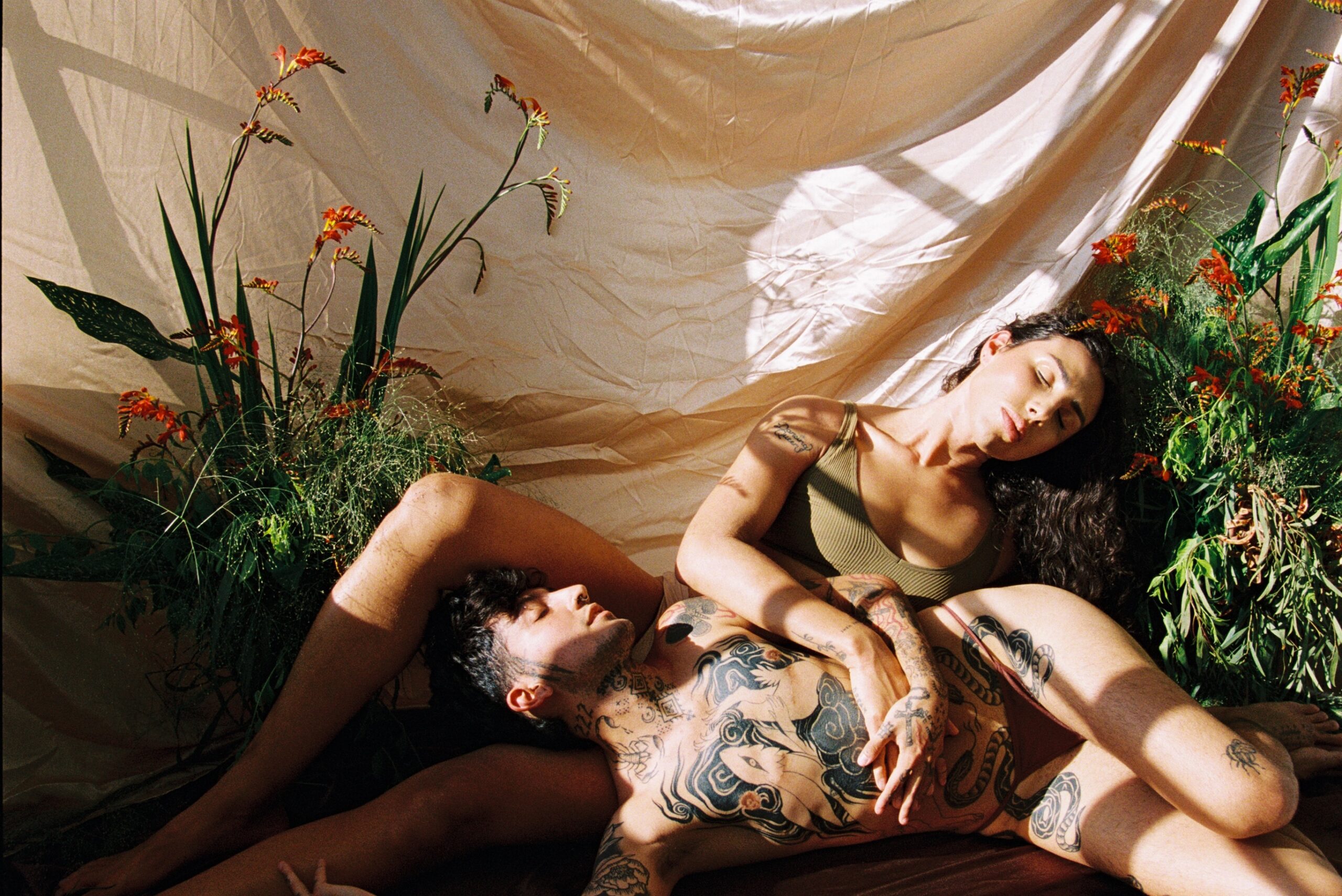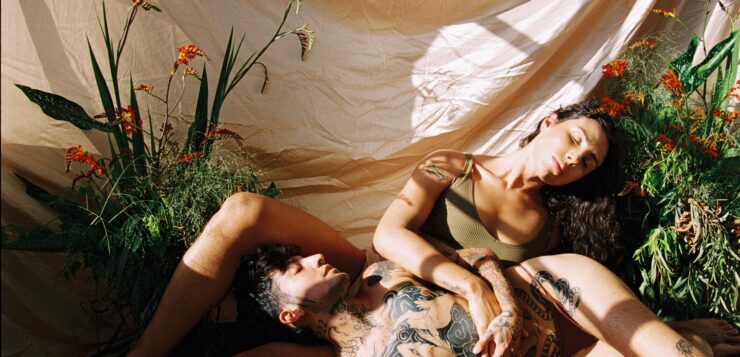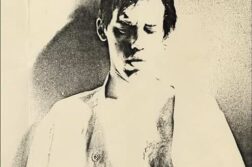COYOTE PARK
I Love You Like Mirrors Do
Leslie-Lohman Museum of Art
Feb. 3–July 16, 2023

The exhibition Coyote Park: I Love You Like Mirrors Do, curated by Stamatina Gregory, is the inaugural project for an initiative called “Interventions,” which “engages queer artists and cultural producers to dive into the museum’s extensive collection and creatively present their research, building new narratives and interpretations from diverse subjectivities.” Within Coyote Park, L.A.-based artist Coyote Park (he/they) brings their vision into the collections to remind us that “we are always looking for ourselves in art.” Park brings queer love and intersectional trans futures into their multidisciplinary work while bringing a needed lens from their lived experience as a Two-Spirit, Indigenous (Yurok), Korean-American, transgender person. The exhibit offers a space in which to reflect on the last few years of rapid change in ways that may be unfamiliar or disconcerting for many LGBT people.
Tannon Reckling is an arts laborer, writer, curator, and teacher who engages concepts of shadow cultural labor and messy queer ontologies.







